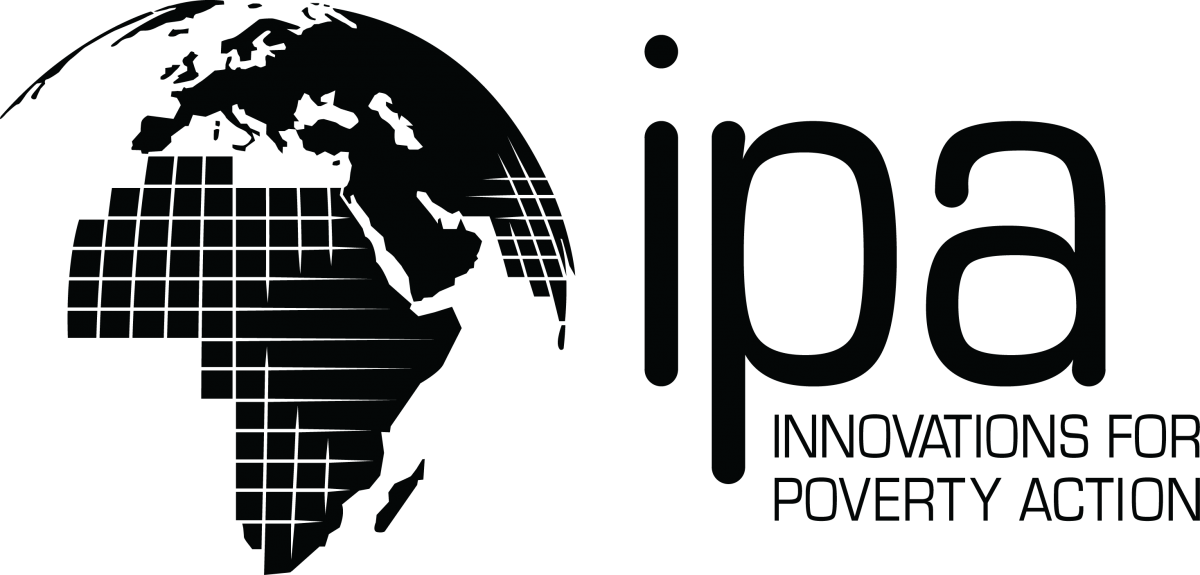
Expanding Social Performance Management in Central America >
This blog is also available in Spanish below the English copy.
By carrying out the MISION Program of Catholic Relief Services (CRS), REDCAMIF, a Central American Microfinance Network, has helped expand social performance management (SPM) among microfinance institutions (MFIs) affiliated with national networks in the region. During the past four years, 52 MFIs have begun to implement SPM systems in their operations.
To further these social performance implementations, REDCAMIF in January joined forces with Grameen Foundation to promote the use of the Progress out of Poverty Index (PPI) a poverty assessment tool designed to address some key challenges faced by MFIs. These include: how to properly identify target clients, especially among the poor population; and how to measure change in living conditions--in this case, what percentage of customers is moving out of poverty. To introduce and promote the PPI, REDCAMIF sponsored the recent workshop to train network trainers, who could then work with MFIs. The workshop was hosted by ASOMI, the network from El Salvador. It was attended by eight consultants and staff from the Central American networks REDIMIF, REDMICROH, ASOMI and ASOMIF. Trainers included Mary Jo Kochendorfer and Sergio Correa from Grameen Foundation and Jack Burga, director of the MISION Program.
The workshop was dynamic: we examined the benefits to pro-poor institutions of implementing the PPI. We discussed the main characteristics of the tool: it is simple, easy to implement, and more important, it has a high ability to determine poverty levels in aggregate because it establishes the probability of being poor on national statistics from each country. We also performed practical exercises and participated in field training with the cooperation of Apoyo Integral, an MFI from El Salvador. The participants were very satisfied with both the content and the methodology of the work, and now they are committed to applying the PPI in their respective countries.
REDCAMIF and the MISION Program in Central America have as a goal the implementation of the PPI by at least 24 institutions over the next two years. This reflects the commitment of the networks, which seek the support of member institutions in contributing to reducing poverty in the region. The long-term goal is to know what percentage of incoming clients is poor in aggregate for each of the national networks and for the Central American network overall. The PPI will help us better target our customers and, over time, it will help us to know what percentage of them are progressing out of poverty.
Tomás Ernesto Rodríguez an economist with a Master in Economics and Development and a Ph.D. in Economics from the University of Cordoba, Spain. He is currently the Coordinator for Central America and Mexico for the REDCAMIF and CRS MISION Program expanding social performance management (SPM) among microfinance institutions (MFIs). Tomás has trained over 20 consultants in the use of strategic alignment tools, self-evaluation, social audit and development of social indicators system in Central America and Senegal.
En Espanol:
PROMOVIENDO LA GESTIÓN DE DESEMPEÑO SOCIAL EN CENTRO AMÉRICA
REDCAMIF, como red ejecutora del Programa Misión en Centroamérica, a promovido durante los últimos 4 años la Gestión de Desempeño Social entre las instituciones de microfinanzas afiliadas a las redes nacionales de la Región. Actualmente hay 52 microfinancieras implementando sus sistemas de GDS.
Una de las dificultades encontradas en este proceso es cómo identificar adecuadamente a la clientela meta, especialmente a la población pobre y otra dificultad es cómo medir el cambio en las condiciones de vida, en este caso que porcentaje de los clientes está saliendo de la pobreza. Por esta razón se hizo una alianza con la Fundación Grameen para impulsar la implementación y uso de la herramienta “Indice de Avance para salir de la Pobreza” (PPI) para ello se organizó un taller del 16 al 19 de enero del presente año, teniendo como red anfitriona a ASOMI de El Salvador y en donde participaron 8 personas entre consultores y personal de las redes: REDIMIF, REDMICROH, ASOMI y ASOMIF. El taller lo impartieron Mary Jo Kochendorfer y Sergio Correa, de la Fundación Grameen, y Jack Burga, director del Programa Misión.
El desarrollo del taller fue muy dinámico, se analizaron las ventajas de la implementación del PPI por parte de las instituciones de microfinanzas (o cualquier otra institución que esté enfocada en la reducción de la pobreza), en términos de que es una herramienta sencilla, fácil de aplicar, pero que tiene una alta capacidad de determinar los niveles de pobreza de manera agregada, debido a que permite establecer la probabilidad de ser pobre de las personas utilizando como base las estadísticas nacionales de cada país. Se realizaron ejercicios prácticos y se hizo una práctica de campo gracias a la colaboración de “Apoyo Integral” de El Salvador. Los participantes quedaron muy satisfechos tanto con el contenido como con la metodología de trabajo; ahora están comprometidos a hacer aplicaciones en sus respectivos países.
La intensión de REDCAMIF y el Programa Misión es que al menos 24 instituciones implementen la herramienta PPI en los próximos 2 años en Centroamérica. Esto refleja el compromiso de la red, que tiene como uno de sus ejes el apoyar a las instituciones afiliadas en contribuir a la reducción de la pobreza en la región. En el largo plazo se pretende lograr saber qué porcentaje de los clientes de nuevo ingreso son pobres de manera agregada por cada una de las redes nacionales y por la red centroamericana en total. El PPI nos ayudará a focalizar mejor a nuestros clientes y también con el paso del tiempo pretendemos saber qué porcentaje de ellos están saliendo de la pobreza.
Tomás Ernesto Rodríguez, Economista con Maestría en Economía y Desarrollo y estudios de Doctorado en Economía por la Universidad de Córdoba, España. Actualmente Coordinador para Centroamérica del Programa MISION de CRS y REDCAMIF promoviendo la Gestión de Desempeño Social (GDS) entre las instituciones de microfinanzas (IMF). Tomás ha capacitado a más de 20 consultores en el uso de las herramientas de alineamiento estratégico, autoevaluación, auditoria social y desarrollo de sistema de indicadores sociales en Centroamérica y Senegal.
- Inicie sesión o regístrese para comentar


